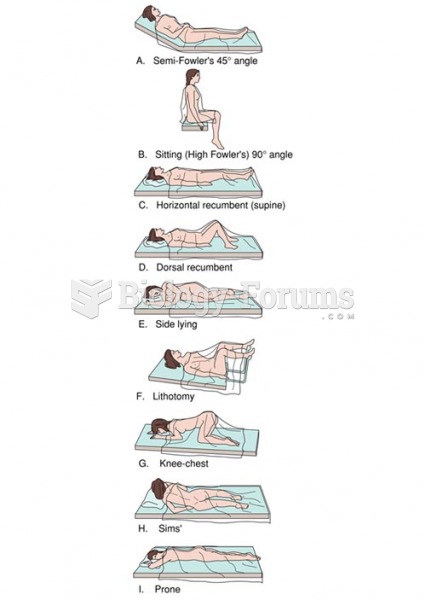Answer to Question 1
Answer: Four powerful techniques for improving readability are varying sentence length, using shorter paragraphs, replacing narrative with lists, and adding effective headings and subheadings. Varying sentence length is a good way to maintain reader interest and control the emphasis given to major and minor points. Look for ways to combine a mixture of sentences that are short (up to 15 words or so), medium (15-25 words), and long (more than 25 words). Large blocks of text can be visually daunting, particularly on screen, so keep your paragraphs as short as possible. Unless you break up your thoughts somehow, you'll end up with lengthy paragraphs that will intimidate even the most dedicated reader. Short paragraphs, roughly 100 words or fewer (this paragraph has 78 words), are easier to read than long ones, and they make your writing look inviting. In some instances, a list can be more effective than conventional sentences and paragraphs. Lists can show the sequence of your ideas, heighten their impact visually, and increase the likelihood that readers will find your key points. In addition, lists help simplify complex subjects, highlight the main points, enable skimming, and give readers a visual break. Headings and subheadings help in three important ways: They show readers at a glance how the material is organized, they call attention to important points, and they highlight connections and transitions between ideas.
Answer to Question 2
Answer: E
Explanation: E) The subject and predicate of a sentence should be placed as close together as possible so that readers don't have to read the sentence twice to figure out who did what.







